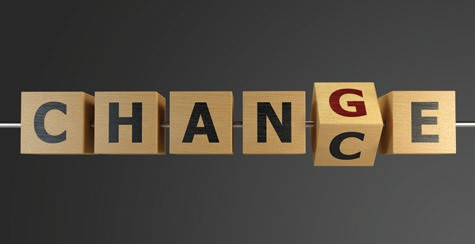Racial and economic inequities require rebuilding our social infrastructure, securing long-term sustainability, and investment to address the disparities in health, housing, employment, and income. This is especially true for communities of color and women.
According to the International Monetary Fund (IMF), there are fears women are being set back due to the pandemic and may lose economic gains. The additional responsibilities of making sure the kids are participating in their online classes typically fall on women. As a result, women may not return to work. According to the IMF, unemployment among women was two percentage points higher than men from April to June.
Additional burdens are more overwhelming for women of color, often earning less than their white counterparts, with less job and financial security.
The digital divide complicates matters, like applying for unemployment and leaving students without internet service lagging behind. The pandemic has exposed the inequalities of race, class, and gender, in addition to the lack of a livable wage, job security, and economic, social safety nets or health care.
Pre-pandemic black and Hispanic communities disproportionally faced health, food, and economic insecurities and suffer high poverty and violence rates. The coronavirus has worsened already existing economic disparities within a system that often works against them. Most are front line workers, unable to work from home, lack adequate access to health care, and rely on public transit.
The impact is worse than for their white counterparts. The disparities of health care for minorities, especially blacks, have a long history of racial injustice. For example, the Tuskegee Experiment of 1932, in which the Public Health Service, working with the Tuskegee Institute, began a study to record the natural history of syphilis on research subjects not fully informed, called the “Tuskegee Study of Untreated Syphilis in the Negro Male.” In 1951, the doctors treating Henrietta Lacks for cervical cancer kept a sample of cells, without her consent, which provided scientific breakthroughs.
More than that, other disparities exist, like the wealth/ income divide. Marginalized communities lack the basic necessities, such as access to health care, safety, employment, and a livable wage. The deficit of housing, income, and employment can contribute to poor health. Hispanic communities often struggle with language barriers, affecting their hiring options.
Black households have experienced severe hardships. They have higher unemployment rates, lower wages and less income, resulting in fewer savings.
A wholistic approach is needed to include investment in education, wellness, healing, and job training programs. There must be investment from both the public and private sectors. Organizations need to be representative of the communities they serve.
Black women must have a seat at the decision-making table. They should have power, and influence, to build and implement sustainable programs and services to positively impact our communities.
Positive Results Center works to advance racial, social, and economic justice for all. We build upon best practices to positively empower the community, provide needed resources, and develop a blueprint for violence prevention and poverty elimination for our Communities.


